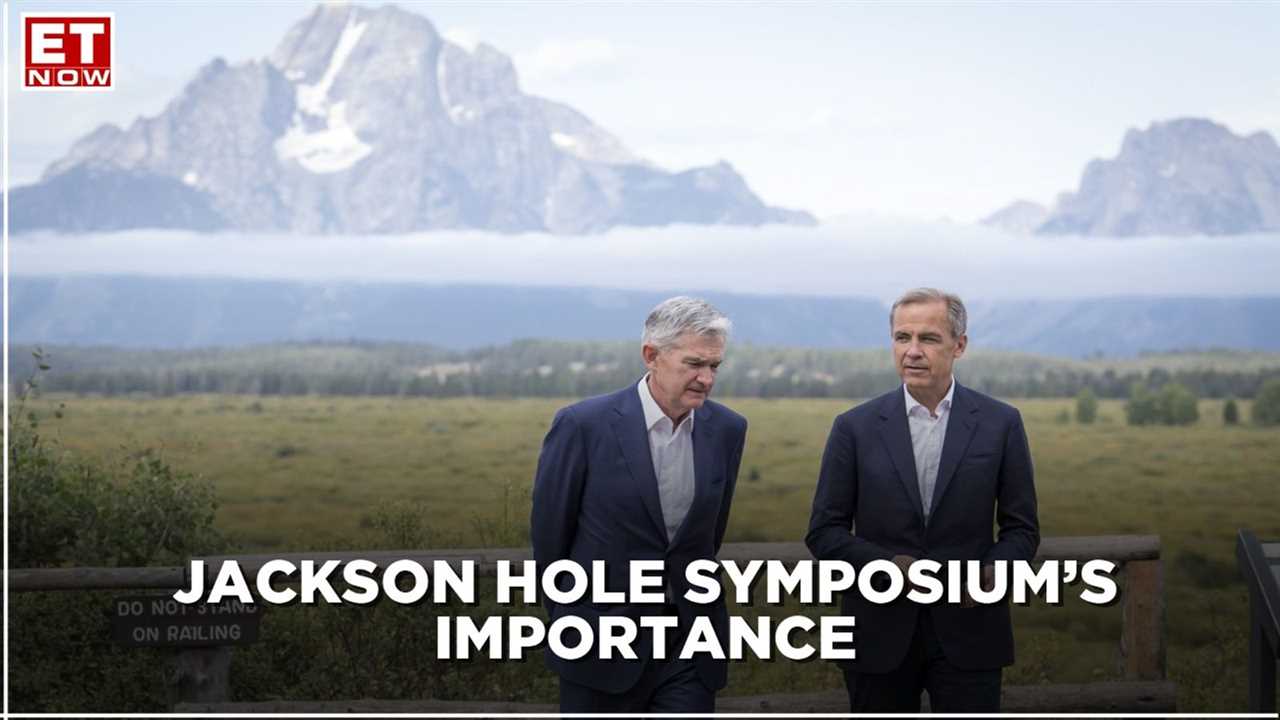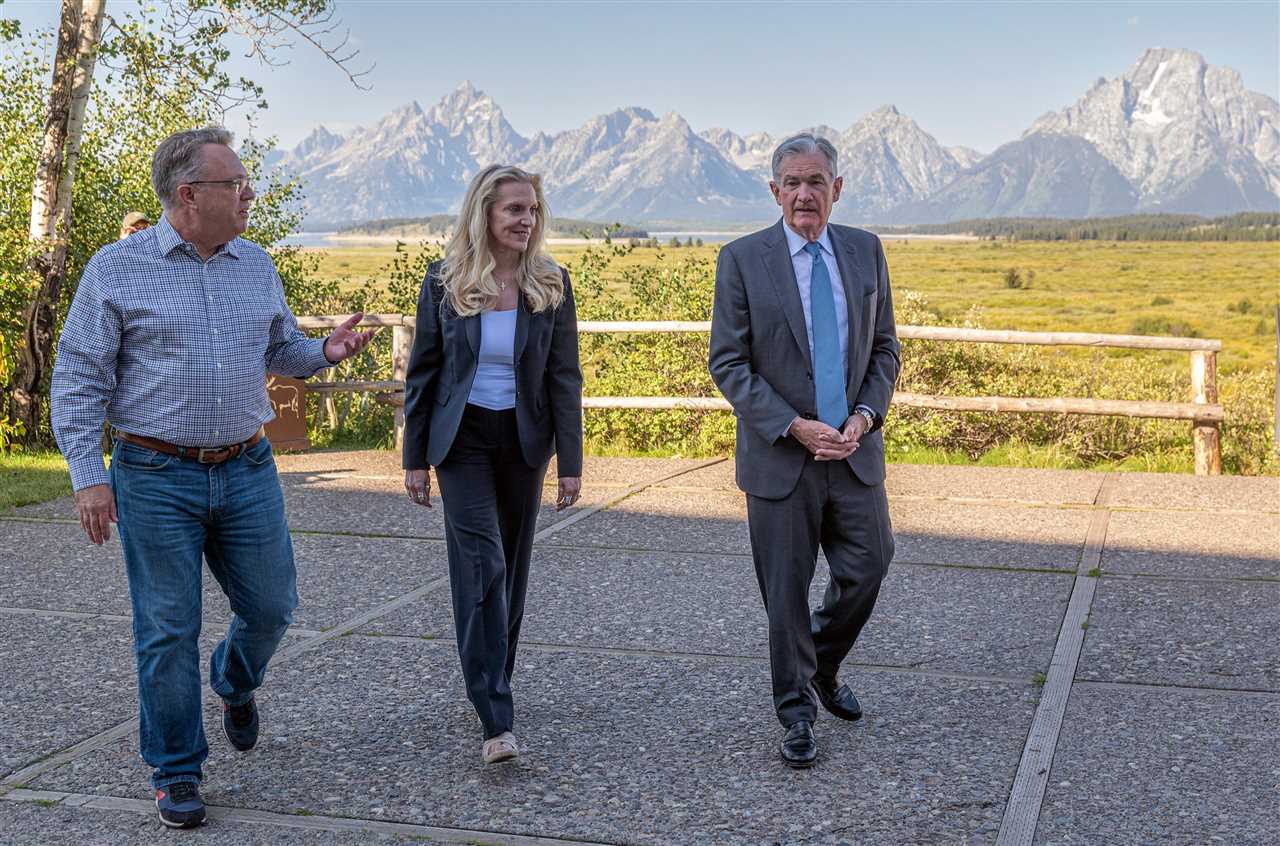Jackson Hole Economic Symposium: Definition and Importance
The Jackson Hole Economic Symposium is an annual conference held in Jackson Hole, Wyoming. It brings together central bankers, finance ministers, academics, and other influential figures in the field of economics to discuss important economic issues and policy implications.
What is the Jackson Hole Economic Symposium?
The Jackson Hole Economic Symposium serves as a platform for leading economists and policymakers to exchange ideas, present research, and engage in discussions on a wide range of economic topics. The symposium is organized by the Federal Reserve Bank of Kansas City and has been held since 1978.
During the symposium, participants have the opportunity to listen to keynote speeches, panel discussions, and academic presentations. The topics covered at the symposium are diverse and can include monetary policy, fiscal policy, financial stability, international trade, and other relevant economic issues.
The Importance of the Jackson Hole Economic Symposium
The Jackson Hole Economic Symposium is considered one of the most prestigious economic conferences in the world. It attracts top economists, policymakers, and financial market participants from around the globe. The symposium provides a platform for the exchange of knowledge, ideas, and insights that can shape economic policies and influence financial markets.
One of the key features of the symposium is the participation of central bankers, including the Chair of the Federal Reserve. Their speeches and remarks at the symposium often provide valuable insights into the current state of the economy and future policy direction. These remarks can have a significant impact on financial markets, as investors closely analyze them for clues about potential changes in monetary policy.
Moreover, the symposium offers an opportunity for networking and building relationships among economists, policymakers, and market participants. The informal discussions and interactions that take place during the symposium can lead to collaborations, research partnerships, and the sharing of best practices in economic policy.
| Key Features of the Jackson Hole Economic Symposium |
|---|
| Brings together leading economists, policymakers, and financial market participants |
| Platform for exchanging knowledge, ideas, and insights |
| Keynote speeches, panel discussions, and academic presentations |
| Influential central bankers provide insights into monetary policy |
| Opportunity for networking and building relationships |
What is the Jackson Hole Economic Symposium?
The Jackson Hole Economic Symposium is an annual conference held in Jackson Hole, Wyoming. It brings together central bankers, policymakers, economists, and financial market participants from around the world to discuss important economic issues and challenges.
History
The symposium was first held in 1978 and has since become one of the most prestigious and influential gatherings in the field of economics. It is organized by the Federal Reserve Bank of Kansas City and typically takes place in late August.
Format

The symposium spans over several days and includes a series of presentations, panel discussions, and debates. The agenda is carefully curated to cover a wide range of topics, including monetary policy, financial stability, economic growth, and global economic trends.
One of the unique aspects of the Jackson Hole Economic Symposium is that it takes place in a remote location, away from the distractions of major financial centers. This allows participants to engage in in-depth discussions and foster a more informal and collaborative atmosphere.
Participants
Importance
The Jackson Hole Economic Symposium is highly regarded for its ability to shape the global economic agenda and influence policy decisions. The speeches and discussions held during the symposium often have a significant impact on financial markets and can provide valuable insights into future economic developments.
| Key Features | Details |
|---|---|
| Location | Jackson Hole, Wyoming |
| Organizer | Federal Reserve Bank of Kansas City |
| Participants | Central bankers, policymakers, economists, financial market participants |
| Topics | Monetary policy, financial stability, economic growth, global economic trends |
The Importance of the Jackson Hole Economic Symposium
The Jackson Hole Economic Symposium is an annual gathering of central bankers, economists, and policymakers from around the world. It is held in Jackson Hole, Wyoming and is hosted by the Federal Reserve Bank of Kansas City. The symposium serves as a platform for discussing important economic issues and shaping monetary policy decisions.
1. Collaboration and Networking
2. Policy Insights and Guidance

3. Market Impact and Expectations
The Jackson Hole Economic Symposium has a significant impact on financial markets and investor expectations. The speeches and presentations delivered by central bank officials and renowned economists at the symposium are closely watched by market participants. Any hints or indications about future monetary policy decisions can have a direct impact on interest rates, exchange rates, and asset prices. Therefore, the symposium serves as a platform for central banks to communicate their policy intentions and manage market expectations.
Overall, the Jackson Hole Economic Symposium is an important event that brings together experts and policymakers to discuss and shape economic policies. The collaboration and networking opportunities, policy insights and guidance, and market impact make the symposium a crucial platform for promoting global economic stability and growth.

Emily Bibb simplifies finance through bestselling books and articles, bridging complex concepts for everyday understanding. Engaging audiences via social media, she shares insights for financial success. Active in seminars and philanthropy, Bibb aims to create a more financially informed society, driven by her passion for empowering others.
